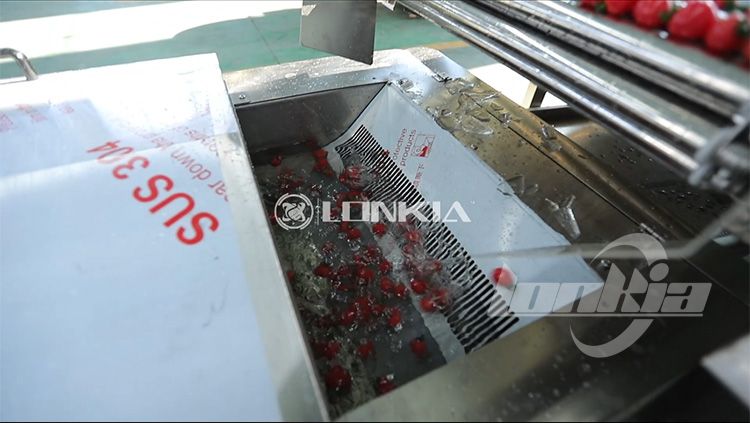In today’s fast-paced food industry, speed, hygiene, and efficiency are essential. One of the most impactful investments a processing facility can make is in an industrial vegetable washing machine. These machines do far more than clean produce—they streamline workflows, reduce labor costs, and improve the overall quality of the final product.
1. Faster and Consistent Cleaning Process
Manual washing is not only time-consuming but also inconsistent. Industrial vegetable washers use high-pressure water sprays, bubble aeration, and conveyor-based systems to ensure a uniform and rapid cleaning process. Whether you're washing leafy greens, root vegetables, or delicate herbs, these machines handle large volumes with consistent performance.
2. Labor Cost Reduction and Workforce Optimization
By automating the washing stage, food factories can significantly reduce their reliance on manual labor. Employees can be reallocated to more skilled tasks such as quality control, packaging, or machine operation, thus improving labor productivity without increasing headcount.

3. Better Hygiene and Food Safety Compliance
Industrial washers are designed to meet strict food safety regulations. They often come equipped with stainless steel construction, CIP (Clean-in-Place) systems, and filtering units to ensure that vegetables are washed with clean, recirculated water. This not only removes soil and debris but also reduces pesticide residue and microbial risks.
4. Reduced Water and Energy Consumption
Advanced models of vegetable washing machines are engineered for sustainability. Recirculation systems, filtration units, and programmable washing cycles all contribute to lower water and energy usage—without compromising cleaning quality. This helps companies save on utilities while supporting green production standards.
5. Enhanced Production Line Integration
Modern industrial washers are designed to be easily integrated into continuous processing lines. From washing to sorting, cutting, and packaging, the transition between stages is smoother, reducing downtime and bottlenecks. This is especially beneficial for high-throughput environments like frozen food, ready-meal, or vegetable canning lines.
6. Customizable for Various Products
Different vegetables require different washing techniques. For example:
Bubble washing for leafy greens to prevent damage
Spray washing for root crops like potatoes or carrots
Vibration draining for water-sensitive produce
LONKIA Machinery offers tailored solutions that match the unique requirements of different vegetable types and production scales.
Conclusion
An industrial vegetable washing machine isn’t just a piece of equipment—it’s a productivity engine for food processing plants. It ensures faster cleaning, higher hygiene standards, reduced operational costs, and seamless line integration. Investing in the right washing system means a more efficient, scalable, and competitive production facility.

